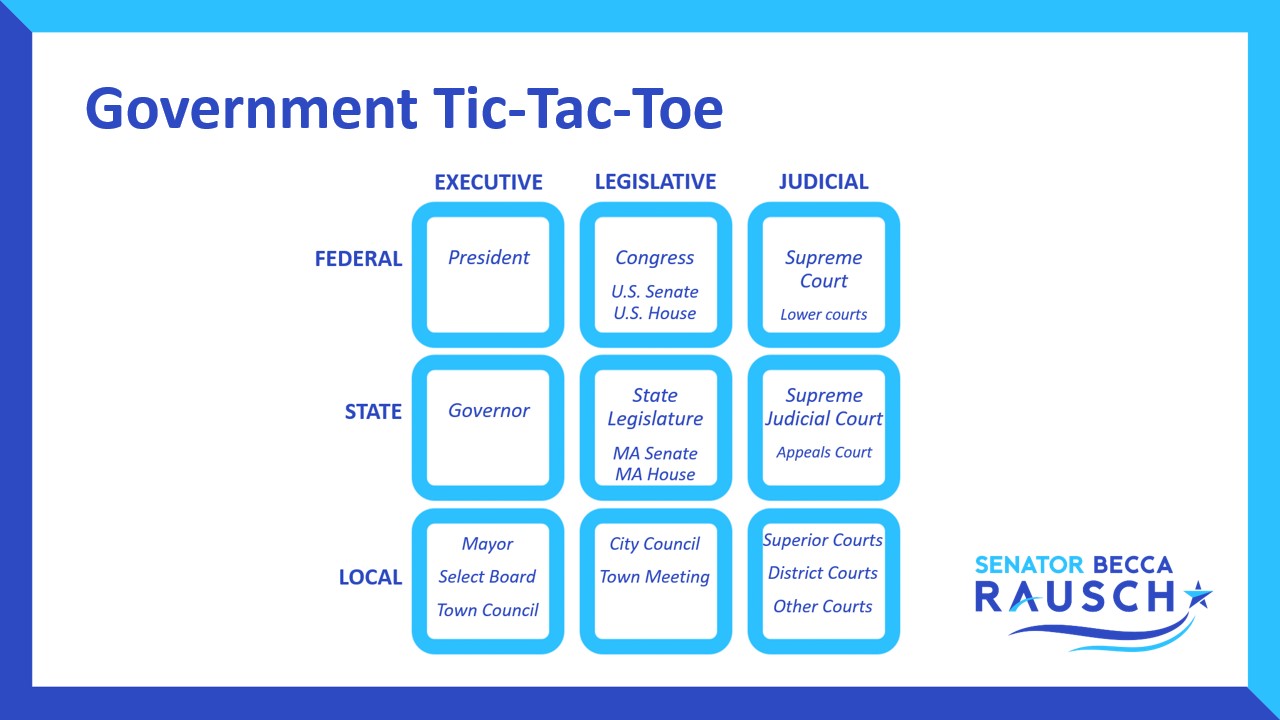Invest in Democracy: Promote Civic Education
Our guest author is Stan Litow, a professor at Columbia University; author of Breaking Barriers: How P-TECH Schools Create a Pathway From High School to College to Career and The Challenge for Business and Society: From Risk to Reward; a columnist at Barron's; a Trustee at the State University of New York (SUNY); and a member of the the Shanker Institute Board.
The 2024 Election results are behind us. The implications of the vote and its ability to cloud the future are looming larger and larger, and the results and impact on Americans are increasingly looking grim or uncertain. While a majority of Americans support women's rights and access to health care both policies are increasingly at risk. While most Americans believe Climate Change is a real threat, there is a strong likelihood that environmental policy and programs are also at risk. Most Americans also trust scientists and doctors. As a result of their trust, Americans favor vaccination which are essential to deal with health care crises like measles, mumps, or Covid, but that too is now at risk, along with the Affordable Care Act, Medicare and Medicaid. And the same is true for gun violence. Most Americans believe that background checks are critically important but that, too, seems unlikely.
For those of us who care deeply about our nation’s schools, the elimination of the U.S. Department of Education’s support for students and schools, such as Title I funding and support for private school vouchers, could devastate our entire public education system and disadvantage millions of students, teachers and parents.
While a majority of Americans voted for a presidential candidate who does not hold the same views as a majority of Americans on these issues, locally, where they had the opportunity on their ballots, Americans largely did vote to support abortion rights, to require paid sick leave, mitigating climate change, and to support our public schools.

